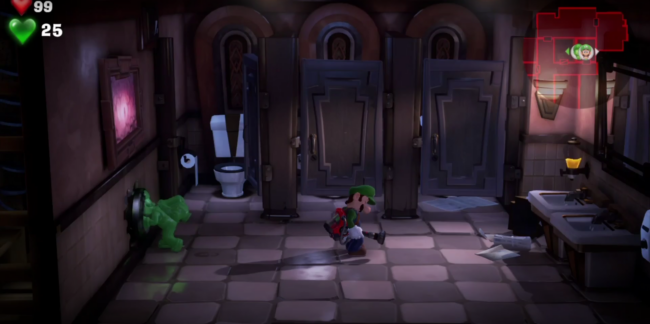Many parents and teachers know a child who seems incapable of taking notes in class. As hard as the student might try, their notes are a jumbled mess; incomplete, disorganized, and often useless for learning. It may be that these children have deficits in working memory or processing speed, which can make it nearly impossible to keep up with the pace of a typical classroom lecture. Taking notes requires students to keep information in mind long enough to remember it and then write it down quickly enough to make a permanent record of it.
Working memory is limited by the amount of information that can be held in mind and by the amount of time it is available to be encoded or processed before it decays. Therefore, it is important to be able to process this information quickly.
Think about working memory and processing speed as connected, like a faucet, a sink, and a drain with a few pipes leading from it. The flow of the faucet represents how quickly water gets into the sink (or the rate of input of processing information). The sink represents how much water/information can be held (size of working-memory storage). The drain has two functions. One impacts how quickly the water is lost (length of time memory is retained before lost or transferred), while the other determines how quickly and effectively water is transferred so it is not lost.
In reality, there is no comparison between the brain and a plumbing system. The brain is clearly more complicated. We may never fully know how it works.
Practice working memory skills (and plumbing) by playing Luigi’s Mansion 3. Check out the LW4K Game Spotlight for more information here!
Recent neuroscience suggests that processing speed is related to the quickness of neural transmissions between areas of the brain required to solve problems. Quick neural processing helps to control attention and block distractions and frees up more cognitive resources for working memory so that one can remember a bit more for a bit longer time. It’s like taking all the frozen groceries in from the car on a scalding summer day in one quick trip. There is less time for things to melt and more time to put things away in an organized manner.
So how do plumbing and food shopping metaphors help kids with weak working memory and slow processing speed take notes? A larger spigot on a faucet allows more water to fill the sink quickly, while a bigger sink holds more water. The use of bigger and sturdier shopping bags could allow a shopper to carry a bit more at any one time. Similarly, having a larger capacity to hold onto information is helpful for taking notes. Recording a lecture or taking pictures of notes on the chalkboard provides a larger store for memory. Gathering and encoding information more quickly by becoming an expert typist or starting with an outline of teacher notes makes the processing of information more manageable.
Improving capacities for working memory, processing speed, and taking notes can all be implemented to support kids through schooling. It is important to also work on the ability for children to generalize the skills they develop across all domains of their life. Adequately identifying and understanding the needs of kids who deal with the double whammy of poor working memory skills and slow processing speed is perhaps the most important step in supporting them. Parents and educators can help these kids by implementing effective accommodations and teaching them to use technologies that can support these weak cognitive skills.
Here are some resources for improving working memory, processing speed, and taking notes:
5 Ways to Improve Processing Speed in Children
Improving School Skills: Tips for Taking Notes
For Kids and Teens: Easy Ways to Improve Working Memory
At LearningWorks for Kids, we have developed a simple yet effective method for building up executive functioning skills. Our Detect, Reflect, and Connect method supports the transfer and generalization of learning. We have a number of classes through fun gameplay that integrate this method! Figuring out how you learn best can be an essential step in growing better working memory skills and getting accommodations.
Want to help your child build up their executive functioning skills? Check out the classes we offer here!






